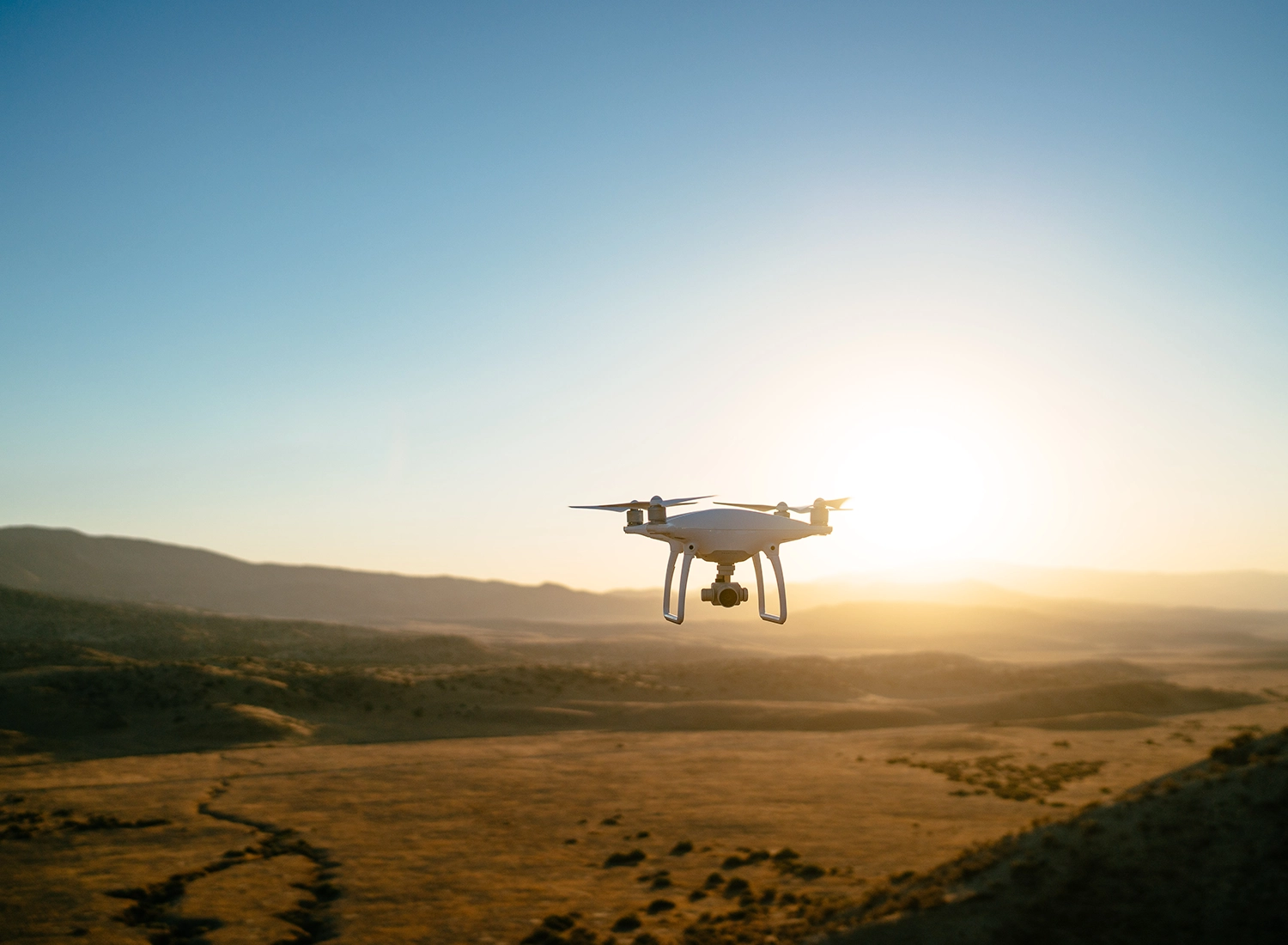
Drone recruiting has become one of the fastest-emerging areas in technology leadership and workforce development. As organizations scale their unmanned aerial vehicle (UAV) operations, the demand for specialized talent is increasing across engineering, flight operations, AI integration, and data analysis. For Christian & Timbers, drone recruiting represents a critical new frontier in executive and technical search, one that blends aerospace engineering, software innovation, and operational precision.
Expanding Drone Market and the Talent Gap
Global drone and UAV adoption continues to accelerate across multiple industries. Infrastructure, logistics, agriculture, environmental monitoring, and defense now depend on drone-based systems for data collection, inspection, and automation. According to market research reports, the global drone market surpassed $45 billion in 2024 and is expected to exceed $90 billion by 2030, with more than 40% of growth driven by enterprise and industrial applications.
This surge has created an acute talent shortage. The most in-demand professionals in drone recruiting include:
- AI and autonomy engineers who design flight navigation and perception models.
- Systems integration specialists for payload, sensor, and data fusion technologies.
- Drone operations managers who oversee field missions, safety, and regulatory compliance.
- Data scientists and analysts who transform aerial data into actionable insights.
- Chief Drone Officers or Heads of Aerial Operations responsible for scaling entire programs.
Companies that approach drone recruiting strategically, integrating technical, leadership, and compliance expertise, gain a measurable advantage in execution speed, operational safety, and ROI.
The New Workforce Behind Drone Operations
Recruiting for drone programs requires understanding how technology and regulation intersect. Unlike traditional aviation or software engineering, drone teams operate across multiple disciplines. A single operation may combine computer vision algorithms, flight automation, geospatial analysis, and real-time communication systems.
Top employers in this sector now look for hybrid skill sets:
- Coding and control systems experience (Python, C++, ROS, PX4, ArduPilot).
- Geospatial and data processing expertise (LiDAR, GIS, photogrammetry).
- Regulatory and safety certification (FAA Part 107 or EASA equivalents).
- Cross-functional collaboration with AI, cloud, and analytics teams.
These competencies are rare. As a result, drone recruiting firms increasingly serve as strategic partners rather than simple talent providers. Christian & Timbers has advised aerospace, logistics, and autonomous systems clients on recruiting leaders capable of building sustainable UAV programs from the ground up.
The Executive Layer: Leadership in UAV and Drone Technology
Drone recruiting extends far beyond technical hiring. At the leadership level, organizations now require executives who can connect mission, technology, and governance. This includes:
- Chief Drone Officers managing enterprise UAV strategy.
- Vice Presidents of Aerial Intelligence integrating drones into analytics workflows.
- Directors of Autonomous Systems overseeing cross-functional AI initiatives.
- Heads of Flight Data Operations ensuring reliability and compliance.
Christian & Timbers specializes in identifying these leaders, individuals capable of translating drone technology into measurable business impact. Their success depends on both technical literacy and leadership judgment, aligning engineering innovation with market execution.
Advanced Drone Recruiting Strategies
To compete in 2025 and beyond, organizations must evolve from reactive hiring to proactive talent architecture. Leading drone recruiting firms apply data-driven and AI-enabled methods to identify and assess candidates with precision.
Key strategies include:
- Competency-Based Role Design - Define each position based on mission goals and measurable outcomes—flight safety, uptime efficiency, or data-processing accuracy. Generic descriptions fail to attract qualified UAV professionals.
- Predictive Talent Mapping - Use AI-driven search tools to identify passive candidates with specific drone and autonomy experience. These systems scan technical networks, publications, and certification databases for relevant expertise.
- Employer Brand Positioning -The most competitive UAV companies communicate a clear mission—environmental monitoring, infrastructure modernization, or defense innovation. Candidates in drone technology often prioritize purpose over compensation.
- Global and Remote Talent Access - Many drone engineers and operators work remotely or in distributed field environments. Global talent acquisition networks are essential for sourcing across Europe, North America, and APAC.
- Retention through Continuous Learning - Drone professionals value development. Organizations that invest in flight simulation training, AI model experimentation, and advanced certification programs maintain higher retention rates.
Industry Insights: Where Drone Recruiting Creates the Most Value
Drone recruiting now intersects with several transformative markets:
- Logistics and delivery: As companies like Zipline and Wing expand autonomous delivery routes, pilot and operations management roles are in high demand.
- Energy and infrastructure inspection: UAVs conduct critical monitoring of pipelines, power grids, and offshore platforms. Engineering and compliance roles dominate recruitment.
- Agriculture: Precision agriculture relies on drones for irrigation planning and crop analytics, creating data analyst and AI model development roles.
- Public safety and defense: Governments increasingly partner with private drone manufacturers, requiring security-cleared technical and project management talent.
Each sector requires distinct recruiting strategies that align with regulatory standards, mission risk, and technological maturity.
Christian & Timbers’ Role in Drone Recruiting
Christian & Timbers applies its Science of Talent Engineering™ methodology to help companies attract and evaluate world-class drone and UAV talent. The firm partners with founders, boards, and investors to identify leadership that scales technical innovation into commercial impact.
With a network spanning AI, robotics, aerospace, and advanced manufacturing, Christian & Timbers builds executive teams equipped to lead UAV initiatives with precision. The firm’s focus on executive performance analytics, retention data, and cross-sector benchmarking ensures that clients secure both the right individuals and the right organizational design for long-term success.

